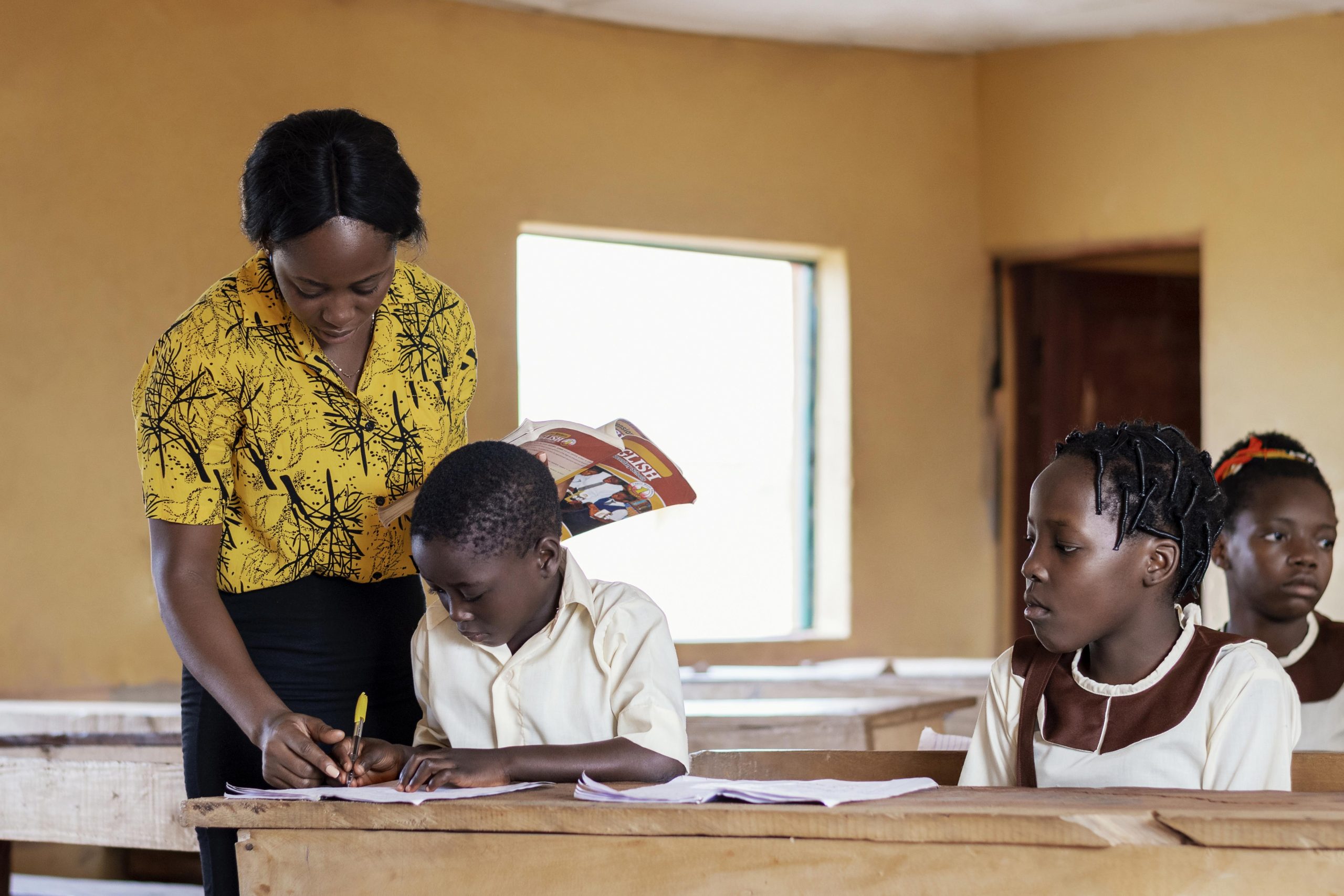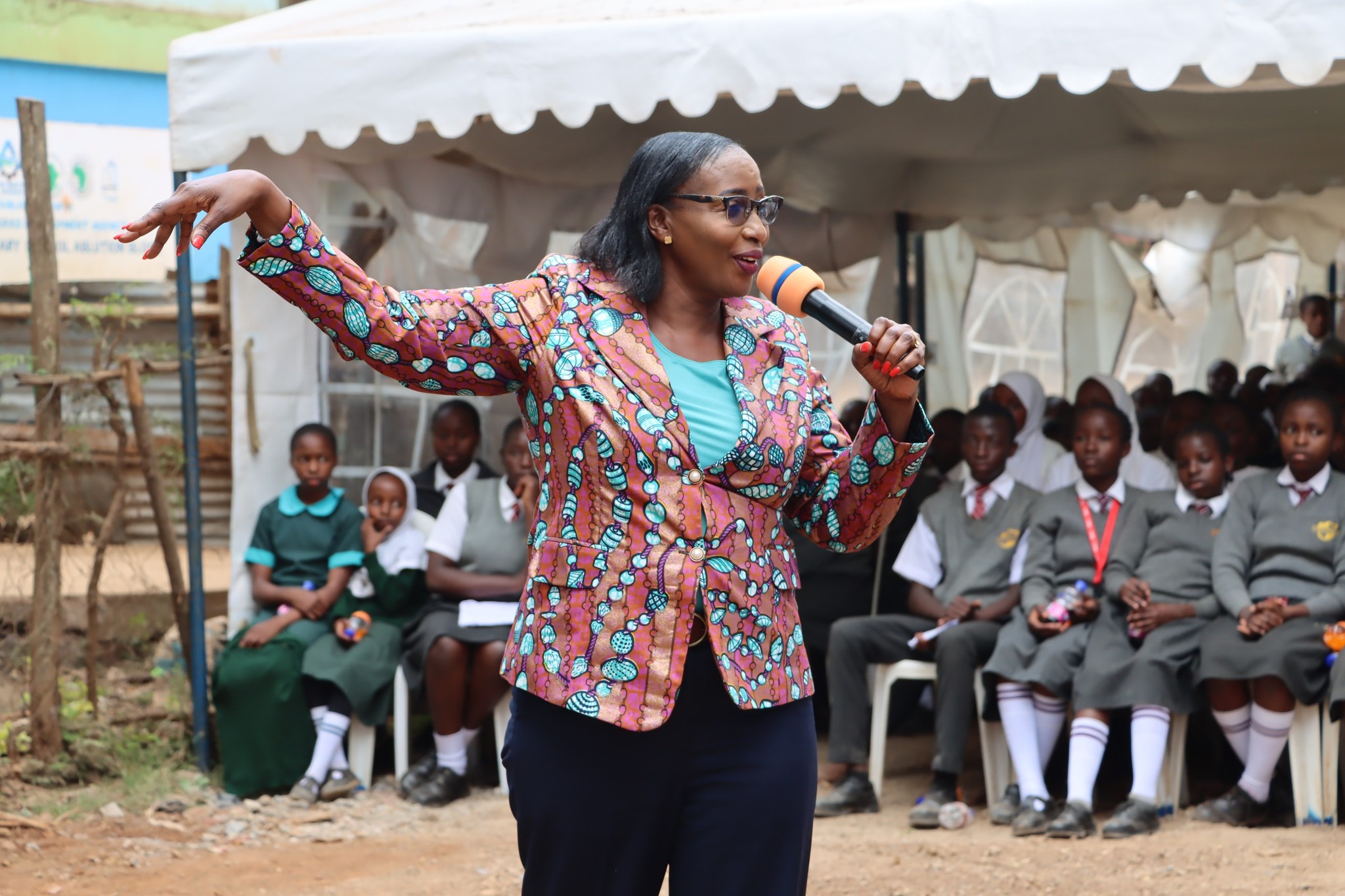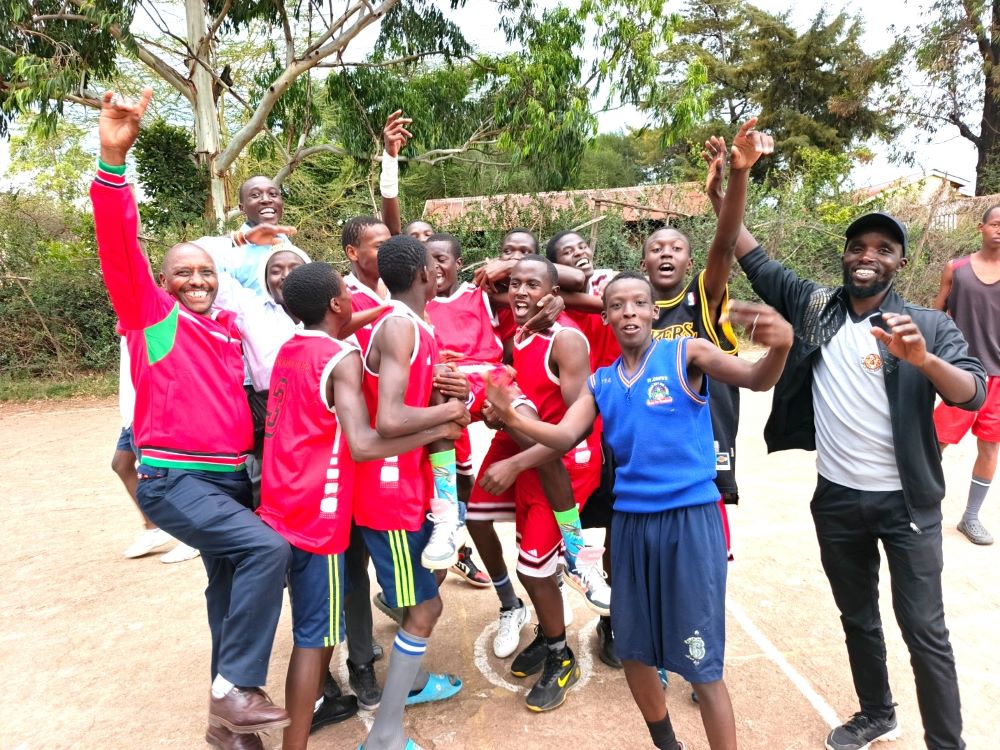The influence of a teacher extends far beyond the confines of a classroom, shaping not only academic success but also the character, aspirations, and lifelong paths of students.
As an English and Literature teacher in Tana River County, I witness daily how a teacher’s guidance can ignite a spark that students carry forward, transforming their lives and communities. This concept of a self-sustaining influence—one that empowers students to apply knowledge, values, and skills independently—lies at the heart of meaningful education. It is a force that endures, enabling students to become agents of change in their own right, long after they leave the schoolyard.
The importance of a teacher’s influence beyond the classroom cannot be overstated. Teachers do not merely impart knowledge; they mold perspectives and inspire action that reverberates through generations. For instance, in Tana River, I have seen students like Halima, who, inspired by discussions on gender equality in Things Fall Apart, now advocates for girls’ education in her village.
ALSO READ:
Kakamega High declines rematch with Musingu citing constitutional concerns
Globally, the story of Malala Yousafzai illustrates this impact: her teacher’s encouragement to speak out for education fueled her journey to become a global icon. Such examples show how teachers plant seeds of confidence and critical thinking that students nurture into adulthood, influencing their decisions, careers, and communities. This lasting impact fosters resilience, enabling students to navigate challenges like poverty or discrimination with the tools and mindset instilled by their educators.
To create this self-sustaining influence, teachers must adopt deliberate strategies that empower students to think and act independently. One effective approach is integrating real-world applications into lessons. For example, when teaching poetry, I encourage students to write verses about local issues like drought, fostering both creativity and civic awareness. Another strategy is fostering student agency through activities like debates or community projects. In my classroom, students organize literary clubs to discuss books, building leadership skills.
Globally, programs like the Socratic seminars used in American schools encourage students to lead discussions, honing critical thinking. Additionally, mentoring beyond academics—through career talks or personal encouragement—helps students envision their potential. A teacher in rural India, for instance, inspired a student to become the first engineer in her village by connecting lessons to her dreams. These practices ensure students internalize skills and values they can apply lifelong.
ALSO READ:
Kidscare, Governments roll out Child Protection Policy, focus on Inclusive Education in Kwale
In conclusion, teachers hold the power to create a legacy that transcends generations, but this requires intentional effort. Educators must commit to fostering curiosity, resilience, and independence in theirstudents, using practical strategies that connect learning to life.
From Tana River to the global stage, let us, as teachers, embrace our role as catalysts for change. Let us inspire, empower, and equip our students to carry forward a self-sustaining influence that ttransform’s their future and the worlds around them. Join me in this mission to make every lesson a spark for lasting impacts.
By Newton Maneno
|Teacher of English and Literature, Tana River County | manenonewton1@gmail.com
You can also follow our social media pages on Twitter: Education News KE and Facebook: Education News Newspaper for timely updates.
>>> Click here to stay up-to-date with trending regional stories
>>> Click here to read more informed opinions on the country’s education landscape






